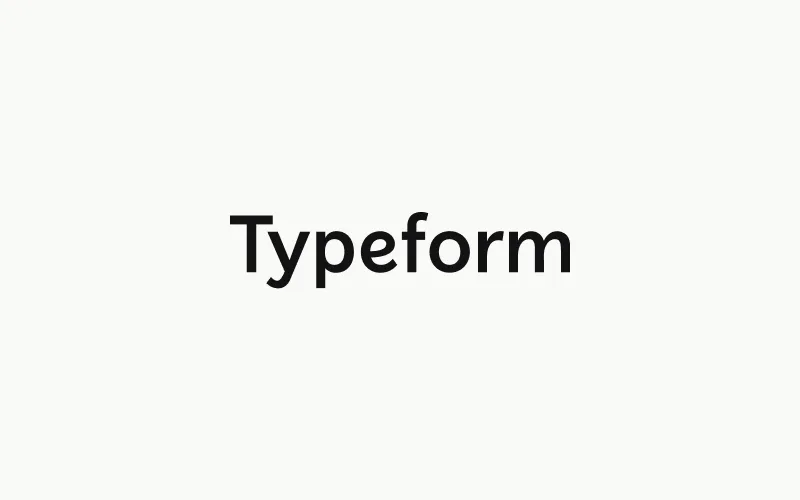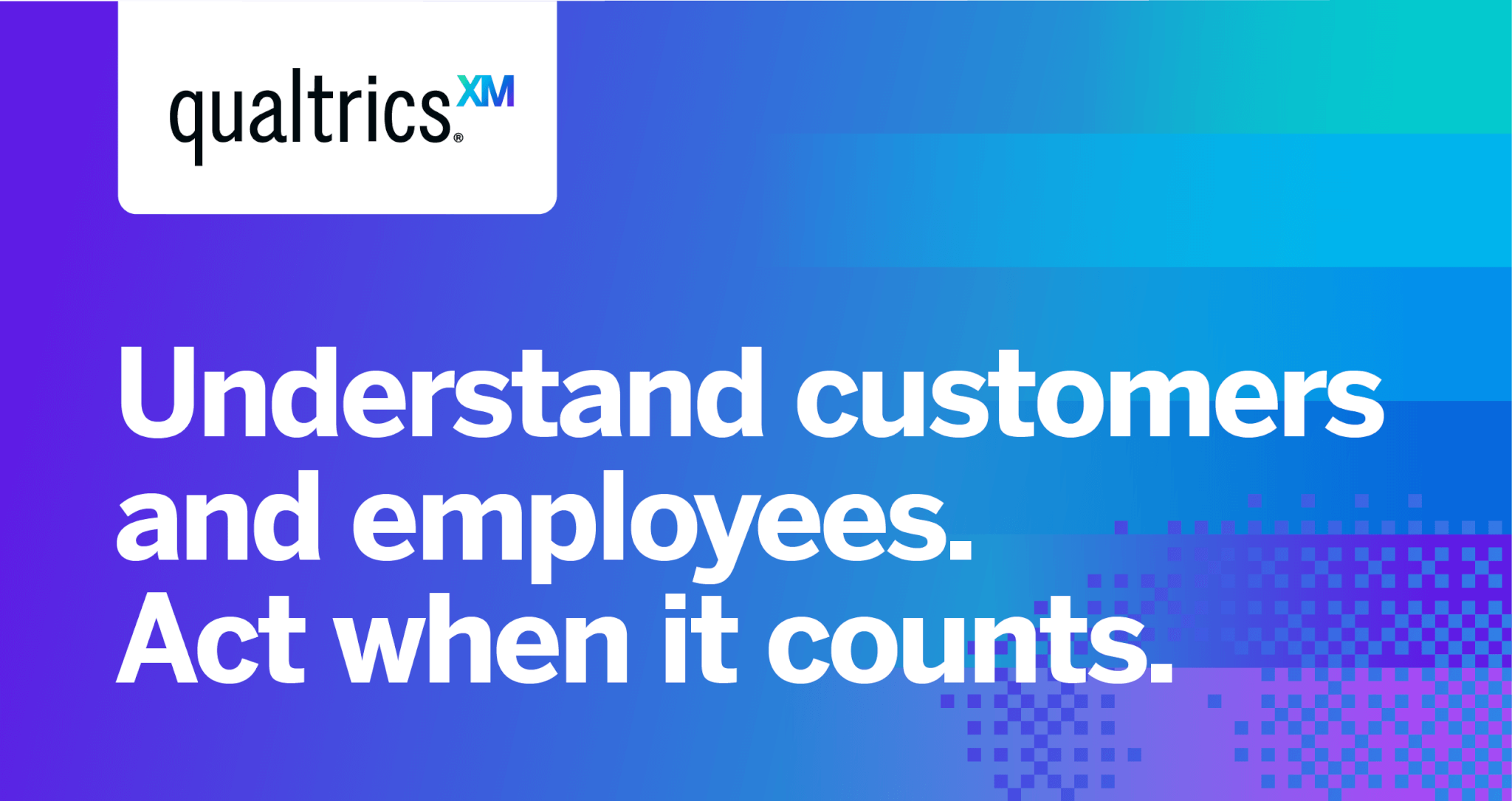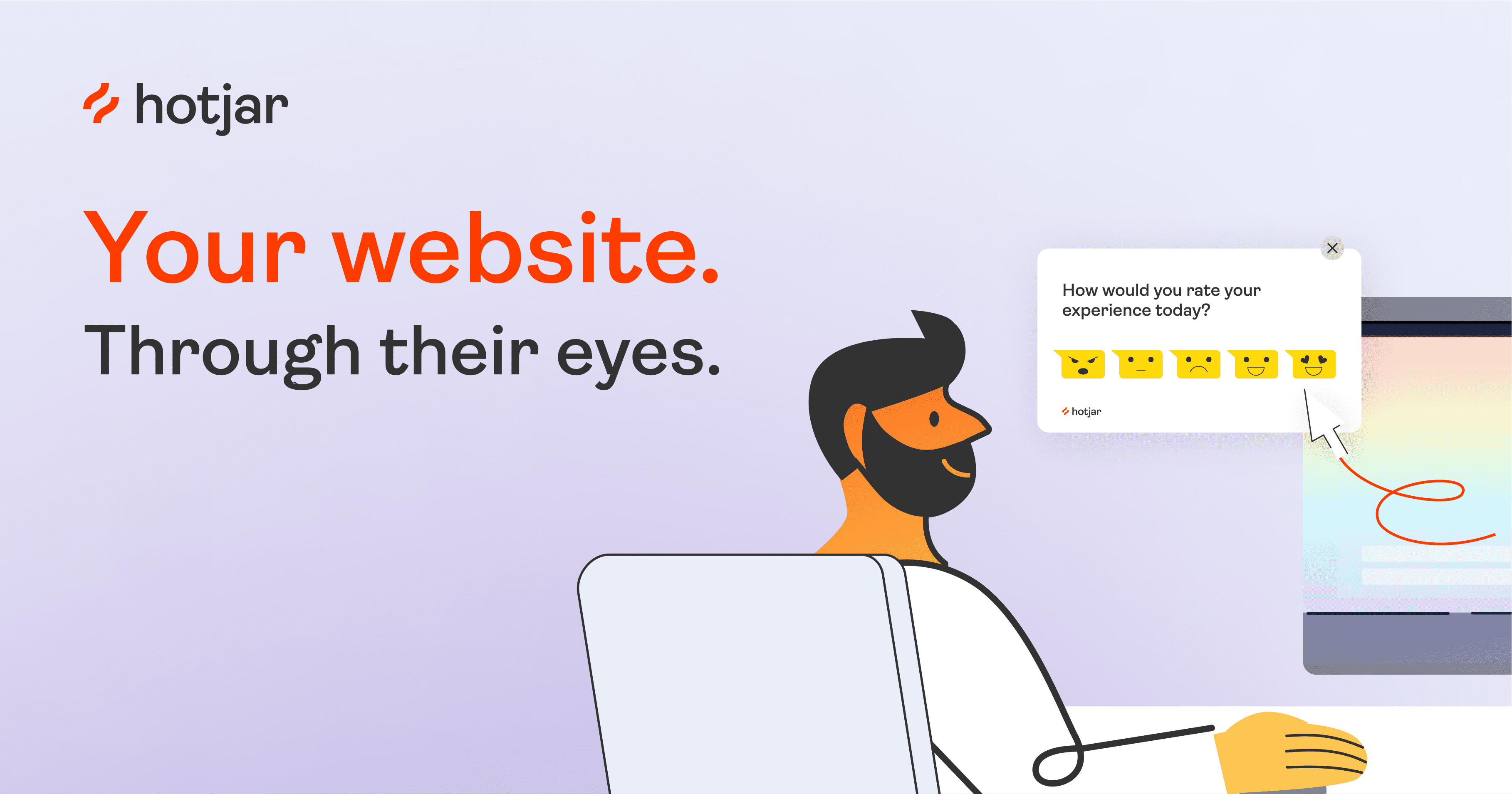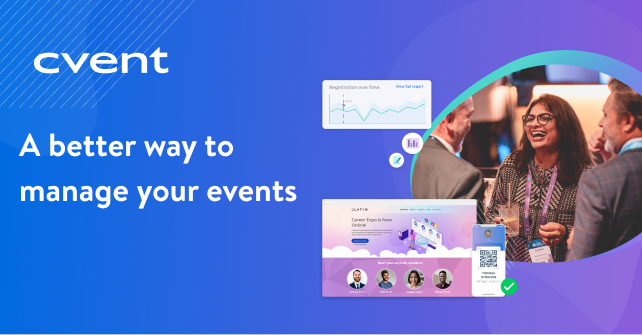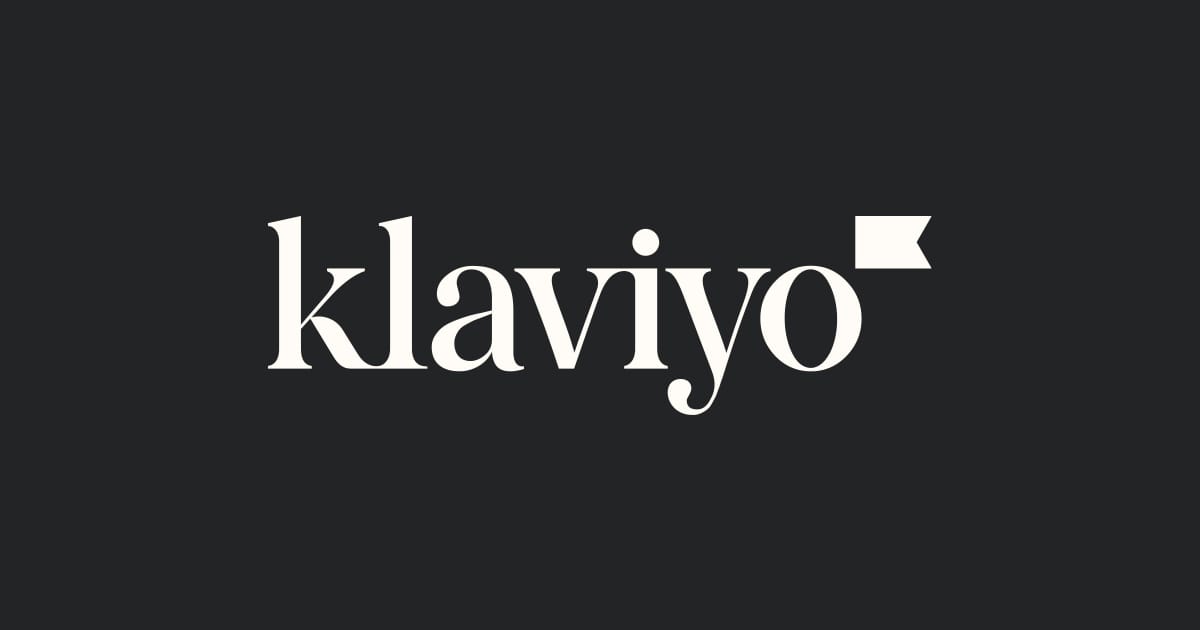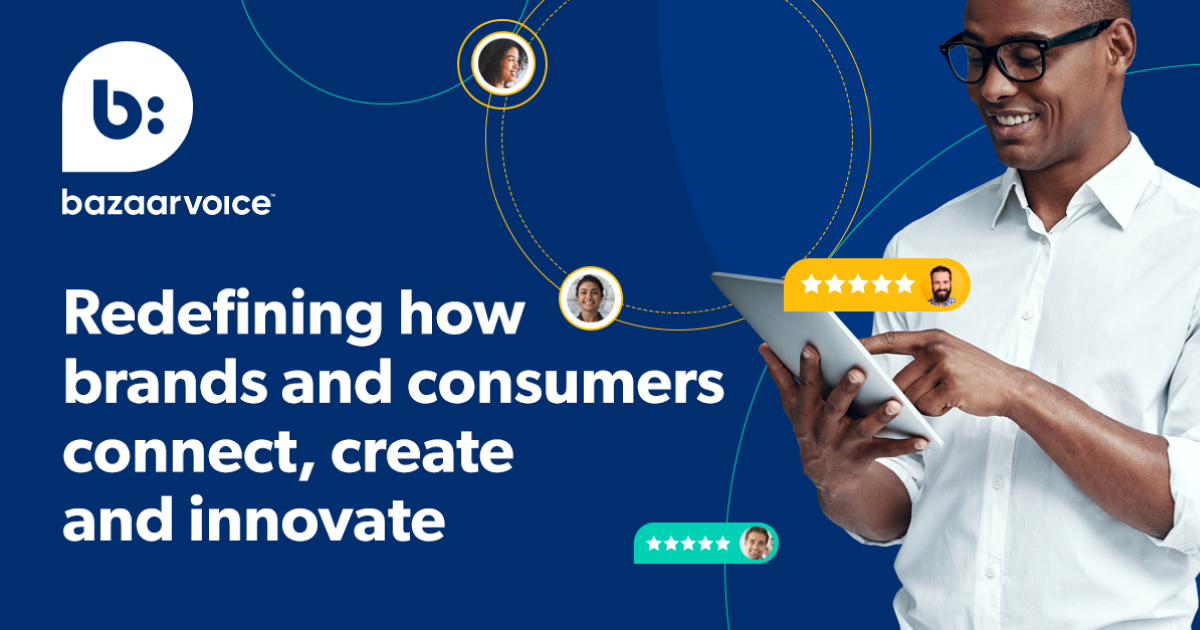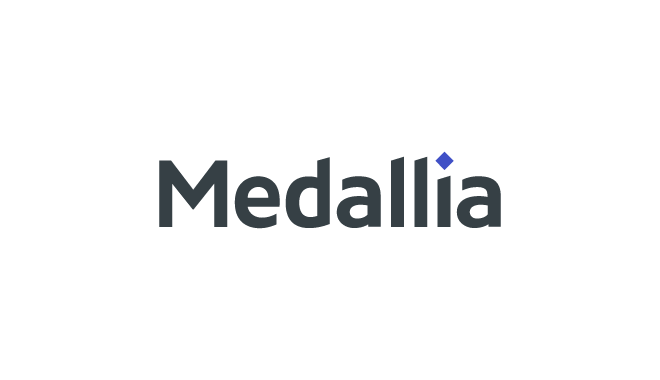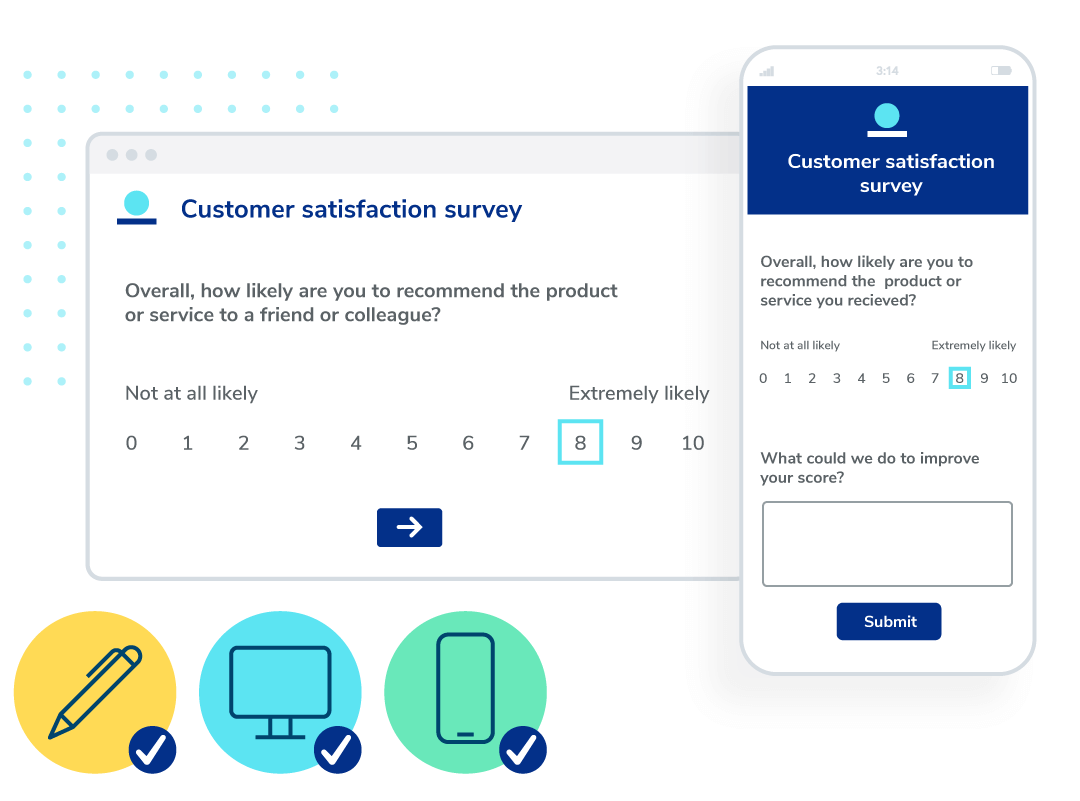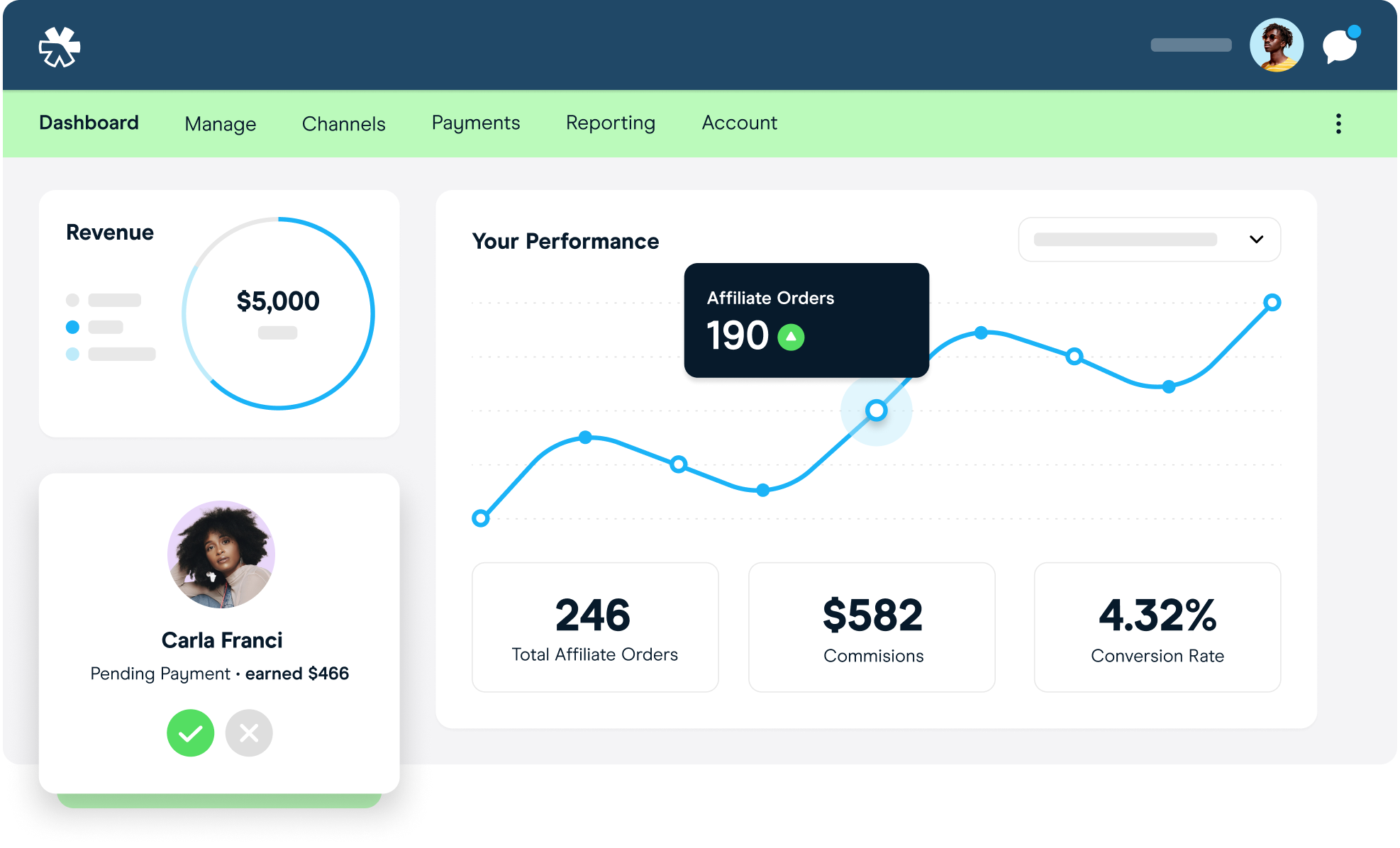Introduction
Understanding customer satisfaction is crucial for any business that wants loyal, returning customers. One of the key metrics used for measuring customer experience is the Net Promoter Score (NPS). NPS software allows you to efficiently collect feedback from customers through surveys and analyze responses to gain valuable insights. With a wide array of options available in the market, it can be difficult to choose the right NPS solution. This blog evaluates 15 top NPS software based on key criteria to help you find the most suitable one.
Methods of Evaluation
We evaluated each NPS software based on conventional criteria like ease of use, customization options, pricing, support available etc. Additionally, we also considered modern metrics like number of backlinks, domain authority, organic traffic and keyword search volume trends to understand a software’s market performance and reach. This helped rank the solutions based on both traditional qualitative aspects as well as quantifiable digital marketing factors.
1. SurveyMonkey Apply
SurveyMonkey Apply is a leading Net Promoter Score (NPS) software solution for measuring customer satisfaction and loyalty. Used by over 16,000 companies worldwide, SurveyMonkey Apply allows businesses to easily create, deploy and analyze NPS surveys across various channels including email, SMS, web and social media.
Pros: Some key advantages of SurveyMonkey Apply include:
– Intuitive interface for creating and customizing NPS surveys
– Real-time tracking and reporting of NPS scores
– Integration with CRM and marketing automation platforms like Salesforce, HubSpot, and Microsoft Dynamics
– Multi-channel survey deployment and collection via email, social, web, and SMS
Cons: A potential disadvantage is that the free plan only allows storing up to 100 responses per survey. For large customer bases, an upgraded paid plan would be required.
Pricing: Pricing for SurveyMonkey Apply starts from $29 per month for the ‘Standard’ plan which supports up to 1,000 responses per month. The ‘Premium’ plan is $99 per month and supports up to 5,000 responses. Both plans provide 24/7 support. Custom enterprise plans are also available for larger businesses.
Some key stats about SurveyMonkey Apply include:
– Over 16,000 companies globally use SurveyMonkey Apply for NPS tracking
– Intuitively interfaces supports 25+ languages
– Real-time dashboard provides up-to-the-minute NPS score visibility
2. Zendesk
Zendesk is a leader in customer service and engagement software. Founded in 2007, Zendesk now serves over 200,000 customers across a wide range of industries. Their flagship product is a customer service platform that offers features like ticketing, live chat, a knowledge base and more.
Pros: Some key advantages of Zendesk include:
– Part of a leading CX platform with CRM, help desk etc.
– Seamless integration with other Zendesk products
– Robust NPS capabilities in the packaged solution
Cons: A potential disadvantage is that as a complete platform, Zendesk may be more full-featured than needed for some more basic customer service needs.
Pricing: Zendesk offers a range of pricing tiers starting from a basic $10/agent plan up to an enterprise tier with custom pricing. Additional features like support for more tickets/agents, additional integrations and premium apps attract further costs.
Some key stats about Zendesk include:
– Serves over 200,000 paid customers globally
– Has over 4,000 employees worldwide
– Processes over 100 million support requests monthly
– Integrates with over 500 apps on their app marketplace
3. Typeform
Typeform is an online form building platform that allows users to easily create beautiful and engaging forms, surveys, and quizzes without any coding. Founded in 2012 and based in Barcelona, Spain, Typeform’s mission is to empower organizations to have meaningful conversations at scale through people-friendly digital experiences.
Pros: Some key advantages of Typeform include:
– Simple and stylish drag-and-drop form builder that is easy to use for non-technical users
– Wide variety of beautiful question types that keep users engaged such as multiple choice, rankings, photo/video uploads
– Integrations with major CRM and workflow tools allow forms to seamlessly fit into existing workflows and processes
Cons: A potential disadvantage of Typeform is that the free plan limits are relatively low with a maximum of one active form and 100 responses per month. For higher volume use cases, a paid plan is required.
Pricing: Typeform offers the following pricing plans:
– Free – Up to 1 active form and 100 responses per month
– Plus – $16/month per form – Unlimited forms and responses, no branding, support
– Premium – $24/month per form – All Plus features plus white labeling, priority support
Some key stats about Typeform include:
– Used by over 70,000 organizations including IBM, Spotify, and Unicef
– Collects over 5 million responses per month
– Integrates with over 100+ apps including Google Sheets, SurveyMonkey, Salesforce, and Slack
– Named one of the best tools for customer feedback by G2
4. Qualtrics
Qualtrics is an experience management software that offers powerful net promoter score (NPS) capabilities. Founded in 2002, Qualtrics helps organizations gather feedback from customers and employees to understand their experiences and identify areas for improvement. With over 13,500 customers worldwide including many Fortune 500 companies, Qualtrics has established itself as a leader in experience management.
Pros: Key advantages of using Qualtrics for NPS include robust survey customization options, wide distribution integrations, and in-depth analytics. Qualtrics allows for advanced customization of NPS surveys including varied response scales, conditional logic, and personalized questions. Surveys can be easily distributed via many platforms like email, SMS, apps, and websites. Powerful benchmarking and analytics tools provide actionable insights across measures like NPS, CSAT, and retention.
Cons: One potential drawback is that Qualtrics has a relatively high starting price compared to some other NPS software options. Additional custom configurations and advanced features can drive costs up further for larger implementations. The analytics dashboard may not be as intuitive for some less technical users to analyze results.
Pricing: Qualtrics offers various tiered plans for experience management starting at $2,500/month for the Essentials plan. This provides basic survey creation and distribution. The Professional plan starts at $4,500/month and adds advanced capabilities like segments, text analysis, and 25 integrated surveys. For complex NPS programs, enterprises typically purchase customized Unlimited Enterprise plans costing $50,000/month and up.
Some key stats about Qualtrics’ NPS capabilities include: Ability to customize surveys for various groups, deploy to over 200 channels, and collect over 50 response types. Qualtrics supports over 25 languages and has securely collected over 100 million experiences. The platform integrates with major systems like Salesforce, ServiceNow, and Adobe allowing for centralized data collection.
5. Hotjar
Hotjar is an all-in-one website feedback and analytics platform that helps companies better understand user behavior on their websites. Founded in 2011 and based in Malta, Hotjar has become a leader in the digital analytics space with over 100,000 customers globally including brands like Airbnb, Dropbox, and Nielsen.
Pros: Some key advantages of Hotjar include:
– Heatmaps, recordings and feedback combined in one tool for a full picture of user behavior
– Insights at each stage of the funnel to understand what’s working and what’s not
– Easy to integrate data from multiple touchpoints like social media to track full customer journeys
Cons: One potential disadvantage is that as a fairly full-featured tool, it may have more features than some businesses need, increasing complexity and cost.
Pricing: Hotjar offers three pricing tiers – Basic ($49/month), Growth ($99/month), Enterprise (custom pricing). The Basic plan provides limited functionality while the Growth plan provides more advanced features like unlimited users, advanced triggers, and session replays. Hotjar also offers a 14-day free trial.
Some key stats about Hotjar include:
– Over 100,000 customers worldwide
– 7 million sessions analyzed per month
– Ability to record 24 hours of anonymized user sessions
– Integrations with over 100 marketing, analytics and CRM tools
6. Cvent Surveys
Cvent Surveys is a customer feedback and net promoter score (NPS) software solution offered by event management platform provider Cvent. Cvent Surveys allows event organizers, planners, and marketers to collect feedback from attendees, participants, and customers through online surveys. The surveying capabilities are integrated directly into Cvent’s event management platform to help measure the success of events and experiences.
Pros: Key advantages of Cvent Surveys include:
– Integrated directly into the Cvent events platform for simple deployment and data integration
– Excellent for collecting event feedback, ratings, and NPS from virtual, in-person, and hybrid event attendees
– Robust reporting and analytics on survey results including dashboard views and exportable reports
Cons: A potential disadvantage is that Cvent Surveys is only available as part of a paid Cvent events platform subscription, so it may not be cost effective for some simple surveying needs.
Pricing: Pricing for Cvent Surveys depends on the Cvent events platform subscription level selected. Subscription plans start at $149/month for the Essentials plan and scale up to custom enterprise plans. All plans include access to Cvent Surveys capabilities.
Some key stats about Cvent Surveys include:
– Used by over 90,000 organizations globally
– Handles survey distribution and collection for events with thousands of attendees
– Standard surveys can include up to 50 questions
– Advanced analytics on feedback including NPS, sentiment analysis, and demographic data
7. QuestionPro
QuestionPro is a leading online survey software that helps organizations collect valuable customer and market research data. Founded in 2006, QuestionPro helps over 45,000 clients in 170 countries run flexible online surveys through their web-based platform.
Pros: Some key advantages of using QuestionPro include:
– Ability to conduct multi-channel surveys across web, email and mobile
– Wide range of question types beyond simple NPS scoring
– Data visualization tools for insight into promoter/detractor feedback
Cons: A potential disadvantage is that the free plan only allows for one active survey at a time which could be limiting for some users.
Pricing: QuestionPro offers both free and paid plans starting at $25/month for their basic plan which allows for unlimited surveys, responses and integrations. Their most advanced Enterprise plan is customized for high-volume users.
Some key stats about QuestionPro include:
– Over 45,000 active users worldwide
– Available in 22 different languages
– 80+ different question types beyond basic satisfaction scoring
– Integrations with 300+ third party apps like Salesforce, Hubspot, Excel etc.
8. Klaviyo
Klaviyo is a leading marketing automation platform that allows companies to send personalized emails, SMS messages, and push notifications. Founded in 2012, Klaviyo helps thousands of online businesses and direct-to-consumer brands grow faster by delivering the right message to the right person at the right time. With Klaviyo’s intuitive tools and workflows, companies can create highly targeted customer journeys across web, mobile, and offline interactions.
Pros: Some key advantages of Klaviyo include:
– Email, SMS, and push notification marketing capabilities in one platform
– Strong focus on engagement tools like automated workflows and retargeting campaigns
– Lifecycle marketing tools that help build long-term customer relationships and loyalty
– Intuitive drag-and-drop interface makes it easy for non-technical teams to use
Cons: One potential disadvantage is that the pricing can be high for very large brands or ecommerce stores with millions of customers. Klaviyo’s pricing is based on the number of total contacts in your marketing lists.
Pricing: Klaviyo offers three pricing tiers:
– Starter Plan: $49/month billed annually for up to 5,000 contacts
– Growth Plan: $99/month billed annually for up to 50,000 contacts
– Enterprise Plan: Custom pricing for over 50,000 contacts
Some key stats about Klaviyo include:
– Used by over 100,000 online businesses worldwide
– Processes over 2 billion emails and 50 million SMS messages each month
– Averaged 15-25% open rates and 2-5% conversion rates for customers
9. Bazaarvoice
Bazaarvoice is a leading reviews and ratings platform that enables brands and retailers to leverage customer feedback and insights across their online and in-store experience. Founded in 2005 and headquartered in Austin, Texas, Bazaarvoice powers authentic shopping experiences for thousands of global brands and retailers.
Pros: Some key advantages of the Bazaarvoice platform include: – Leading reviews and ratings platform with deep experience managing UGC at scale across the retail lifecyle. – Advanced moderation and survey capabilities to collect insightful customer feedback. – Ability to manage reviews and insights across a brand’s website, mobile apps, emails, physical stores and more third party sites.
Cons: A potential disadvantage is that the Bazaarvoice platform is more expensive than some other review management solutions due to its advanced capabilities and ability to integrate with a wide range of systems and touchpoints.
Pricing: Bazaarvoice pricing is typically based on annual agreements and tiered based on the retailer or brand’s revenue and complexity of needs. They do offer customizable packages but as an example, an enterprise ecommerce client with over $1 billion in annual revenue could expect to pay over $500,000 annually for a fully integrated Bazaarvoice solution.
Some key stats about Bazaarvoice include: They currently partner with more than 6,000 brands and retailers globally including brands like Lenovo, Target, and Walmart. They have collected over 1 billion consumer reviews and ratings on their platform. They also power social commerce capabilities for over 300 brands and retailers around the world through social shopping applications.
10. Medallia
Medallia is an experience management software platform that helps companies gather customer, employee, and digital experience feedback to improve business performance. Founded in 2001, Medallia has established itself as a leader in the enterprise NPS space with a strong customer base and robust feature set.
Pros: Some key advantages of Medallia include:
– Strong reputation in the enterprise NPS space as a leader
– Holistic customer experience platform that goes beyond just NPS to also measure other experience metrics
– Powerful behavioral tagging and journey mapping capabilities that provide deep insights
Cons: One potential disadvantage is that as a more full-featured experience management platform, Medallia may have a higher total cost of ownership compared to more basic NPS-only tools.
Pricing: Medallia offers flexible pricing models includingper-user pricing that depends on the number of licensed users as well as enterprise pricing based on annual contract value and custom configured to customer needs.
Some key stats about Medallia include:
– Over 1,500 customers globally across various industries
– Processes over 30 billion digital interactions per month
– Integrations with major CRM and marketing platforms like Salesforce, Oracle, and Adobe
11. CrowdSignal
CrowdSignal is an online survey and feedback tool that makes it easy to collect user input from customers and employees. Founded in 2013, CrowdSignal allows users to create flexible surveys, polls, quizzes and ratings to understand customer sentiment, gain insights from employees, and uncover opportunities for improvement.
Pros: Some key advantages of CrowdSignal include:
– Focus on mining unstructured feedback through open-ended questions
– Allows for both reactive and proactive outreach to gather insights
– Works well for distributed product teams needing input across locations
Cons: One potential disadvantage is that the free tier only allows for a limited number of responses each month, so it may not be suitable for very large sample sizes.
Pricing: Pricing starts at $99 per month for the ‘Pro’ plan which includes unlimited surveys and responses. Additional premium plans are available for larger teams and enterprises starting at $249 per month.
Some key stats about CrowdSignal include:
– Over 10,000 customers including Citibank, Twitter, and Ford
– Surveys can be created and shared via a simple web interface
– Responses can be collected from both web and mobile apps
– Integrates with platforms like Slack, ServiceNow, and Microsoft Teams
12. SnapSurveys
SnapSurveys is an online survey creation and feedback collection platform. It allows users to easily create surveys, collect feedback from customers or employees, and analyze the results without any coding required. SnapSurveys provides templates and tools to help users design professional looking surveys tailored to their needs.
Pros: Some key advantages of SnapSurveys include:
– Easy to use interface that does not require any technical skills or coding abilities
– Flexible templating options to create both mobile-friendly and desktop surveys quickly
– Affordable pricing plans for teams of all sizes
– Integrates with various tools to distribute surveys more broadly
– Provides customizable real-time analytics and reporting features
Cons: A potential disadvantage is that the free plan has limited functionality compared to the paid plans. So it may not be suitable for larger enterprises with higher volume needs.
Pricing: SnapSurveys offers the following pricing plans:
– Free Plan: Limited to 1 active survey and 100 responses per month
– Plus Plan: $29/month for up to 3 users, 3 active surveys and 500 responses
– Pro Plan: $99/month for up to 10 users, 10 active surveys and 5000 responses
– Enterprise Plan: Customized for large teams and enterprises
Some key stats about SnapSurveys include:
– Used by over 25,000 companies worldwide
– Collects over 5 million survey responses monthly
– Available in over 25 languages
– Integrates with over 300 apps like Slack, Salesforce, Microsoft etc.
13. Reputation
Reputation is a leading online reputation management platform that helps companies collect and manage customer feedback across review sites, social networks and other online channels. Founded in 2006, Reputation builds and protects brands by gathering authentic customer reviews and responding to consumer issues in real-time.
Pros: Some key advantages of using Reputation include:
– Dedicated customer feedback solutions for gathering online reviews from review sites, social media and other digital channels
– Strong reputation for effectively collecting customer reviews and feedback online
– Real-time monitoring of social media, review sites and elsewhere online to find and address consumer issues quickly
Cons: One potential disadvantage is that Reputation is a more full-featured software aimed at larger enterprises rather than small businesses on a budget.
Pricing: Reputation offers different pricing tiers depending on business needs. Basic plans start at around $150/month but most customers opt for one of the professional plans ranging between $500-$1000/month which include more advanced features and support.
Some key stats about Reputation include:
– More than 15,000 customers worldwide across various industries
– Collects over 1 million surveys and reviews per year
– Over 20 million consumer interactions managed on the platform
14. SurveySparrow
SurveySparrow is a leading customer experience management platform that helps companies build better experiences through feedback. Founded in 2012, SurveySparrow allows both tech and non-tech users to create customized surveys, forms and feedback channels through an easy drag-and-drop builder. Headquartered in San Francisco, SurveySparrow serves over 4,000 customers including Fortune 500 companies globally.
Pros: Key advantages of using SurveySparrow include:
– Affordable all-in-one solution for surveys, forms and feedback channels
– Intuitive drag-and-drop builder that doesn’t require coding skills
– Powerful workflow builder to automate follow ups and actions
– Good for both small businesses and enterprises alike with tiered pricing
Cons: A potential disadvantage is that the more advanced customization and features may require consulting services which could drive up costs. However, the drag-and-drop interface tries to minimize this.
Pricing: SurveySparrow offers tiered pricing plans starting from a Free plan up to Enterprise plans based on monthly or annual subscriptions. Pricing ranges from $29-149 per month for the Starter to Growth plans respectively that offer varying users, surveys and responses. Custom enterprise plans are also available.
Some key stats about SurveySparrow include:
– Over 4,000 customers worldwide including 50% of Fortune 500 companies
– Processes over 500 million responses annually
– Integrations with 100+ apps including Salesforce, Hubspot, Zendesk and others
15. Refersion
Refersion is an affiliate marketing and tracking software that helps companies grow their business through referrals. Founded in 2011 and based in San Francisco, Refersion offers a comprehensive referral marketing platform to manage brand advocates, influencers, affiliates and measure the ROI of referrals.
Pros: Some key advantages of using Refersion include:
– Referral marketing and advocacy platform
– Strong API and integration capabilities
– Advanced features for tracking ROI of referrals
– Manages the entire referral life cycle from signup to rewards
– Easy to integrate payment solutions for referral rewards
Cons: A potential disadvantage is that Refersion’s pricing may be higher than some other referral tracking solutions for smaller businesses and startups with low referral volumes.
Pricing: Refersion offers three pricing tiers – Basic, Pro and Enterprise. Pricing starts from $99 per month for the Basic plan ideal for small businesses and goes up to custom enterprise pricing for large businesses.
Some key stats about Refersion include:
– Tracking over 500 billion referral events
– Serving more than 500 customers worldwide
– Integrations with over 50 platforms including Shopify, BigCommerce, Salesforce etc.
– Real-time tracking and attribution of referrals across web, mobile and offline channels
Conclusion
Collecting regular customer feedback through NPS surveys is crucial for any business that wants to continuously improve experiences. The right NPS software can make this process more effective while providing powerful analytics. We hope this evaluation of the 15 most popular NPS solutions helps you choose the one best suited to your unique business needs, goals and budget. Regularly measuring satisfaction and taking action on feedback will help boost customer loyalty and advocacy over the long run.






